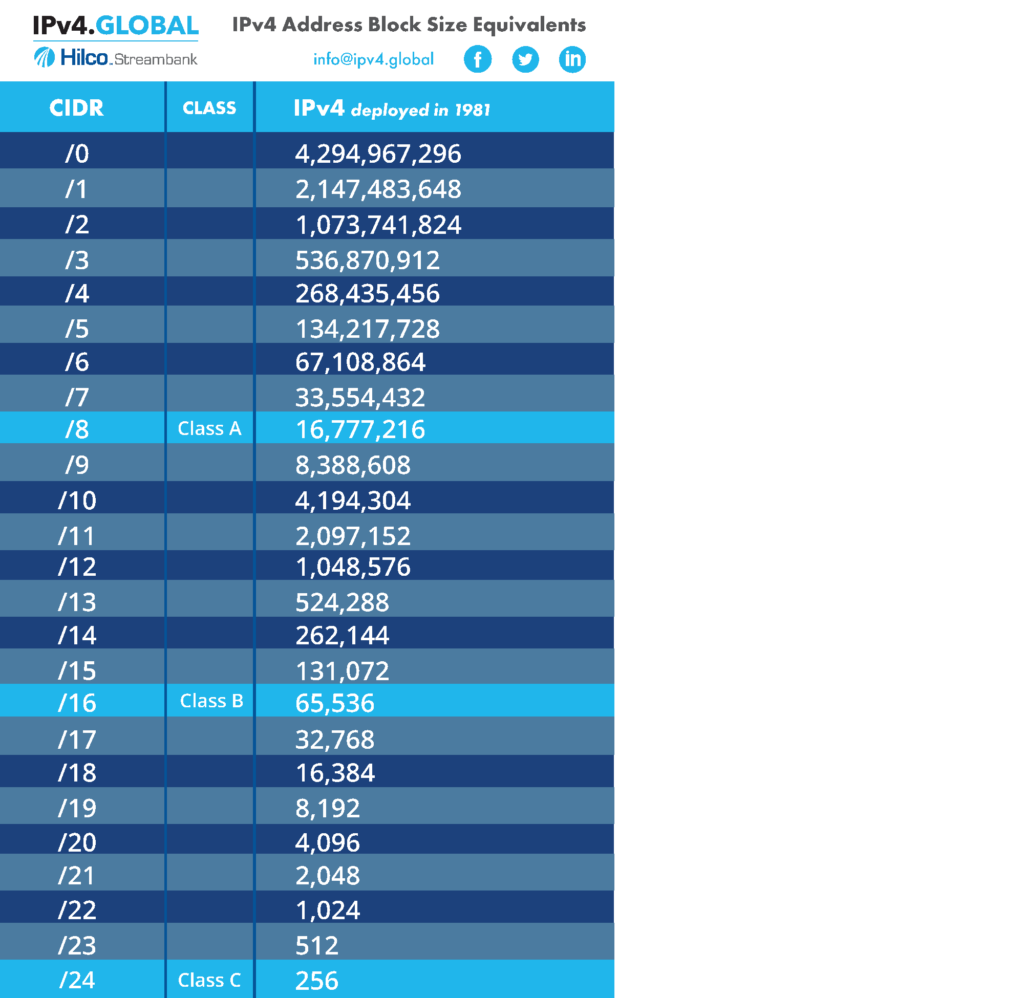Get Involved in Policy Discussions at RIPE 86
April 10, 2023

RIPE 86 is approaching. It’s happening in Rotterdam between 22 and 26 May. You can influence the consensus on the policy discussions whether you attend or not.
There are three active policy proposals. There are also active discussions that could lead to policy proposals. One is about representing country information in the database. The other is about improving IPv6 policy.
Policy Process
RIPE’s policy development process uses the same definition of consensus as the IETF. Consensus is viewed as a path rather than a destination. It’s a discovery process. But while all issues in a discussion must be addressed, it’s possible that some cannot be accommodated.
You don’t have to pay to attend the meeting over the internet. But you also don’t need to attend the meeting to discuss policy.
Most RIPE policy discussions happen on email lists. Everyone is welcome to join and take part. But meetings are a good way of increasing understanding. They can be vital in developing a consensus.
Proposals & Policies
The Global NOG Alliance manages an interactive web page showing the last decade of RIR policy development. You can use it to search for active proposals that are relevant to you in any region. You can also use it to find the origin of current policies that affect you. It’s a good place to start if you want a policy change.
Address Policy Working Group
2023-01 – Reducing IXP IPv4 assignment default size to a /26
This proposal would reduce the default size of an assignment to an Internet Exchange Point. New IXPs currently get 256 addresses. This proposal would reduce the default to 64 – but with the option to get a larger assignment.
An Internet Exchange Point is a network for exchanging traffic between more than three networks. Because the networks meet at a common location they can reduce cost and latency. Some IXPs connect over 1,000 networks while others connect just three or four.
The proposal came about after the RIPE NCC reported on the rate at which the reserved pool for IXPs was being used. One way to stretch it further is to drop the minimum size of the assignments. One of the key issues brought up in the discussion so far is the complexity of getting lots of networks to renumber if a new, bigger block of addresses is needed.
2023-02 – Minimum Size for IPv4 Temporary Assignments
This proposal aims to help internet researchers get a routable temporary assignment. An experiment often needs just a handful of IPv4 addresses.
This is a problem when the smallest block of addresses that can reliably be used on the open internet is a /24 (256 addresses). The current policy requires a requester to show a need for 128 addresses if they want 256. This is because CIDR blocks double in size, so if under half of the addresses are used, a smaller block would be more efficient.

This proposal balances the public benefit of academic research against the principle of efficient address assignments.
Interim Sessions on IPv6 Policy
A small group reported on some areas for improvement in IPv6 policy at RIPE 84, in May 2022. They focused on problems to be fixed. The working group is now discussing the policy outcomes needed and their relative priorities.
Some of the issues are focused on making it easier for access providers to get the addresses they need to serve their subscribers. But provider independent address space is also an issue. Tobias Fiebig recently shared his story of trying to get some IP address space for a measurement network.
RIPE NCC Services Working Group
2023-03 – Voluntary Transfer Lock
This proposal would let address holders stop addresses from being transferred for a predefined period. The RIPE NCC’s board already approved the service on a temporary basis. If approved, this proposal would give community support to the service.
This proposal has been strongly supported by Ukraine’s government. But its proposers hope it will help people in several territories in the RIPE region. They report that some people have been forced to approve IP address transfers at gunpoint.
Database Working Group
The ongoing discussion on country codes in the RIPE Database is likely to continue in Rotterdam. The RIPE NCC now uses the country code for the legal address of the organization using address space in the “org:” object. But this can be a different country from where the addresses are used. And many networks are international.
While technology can provide tools to help, the lack of business requirements or defined meaning is a problem that needs to be resolved.